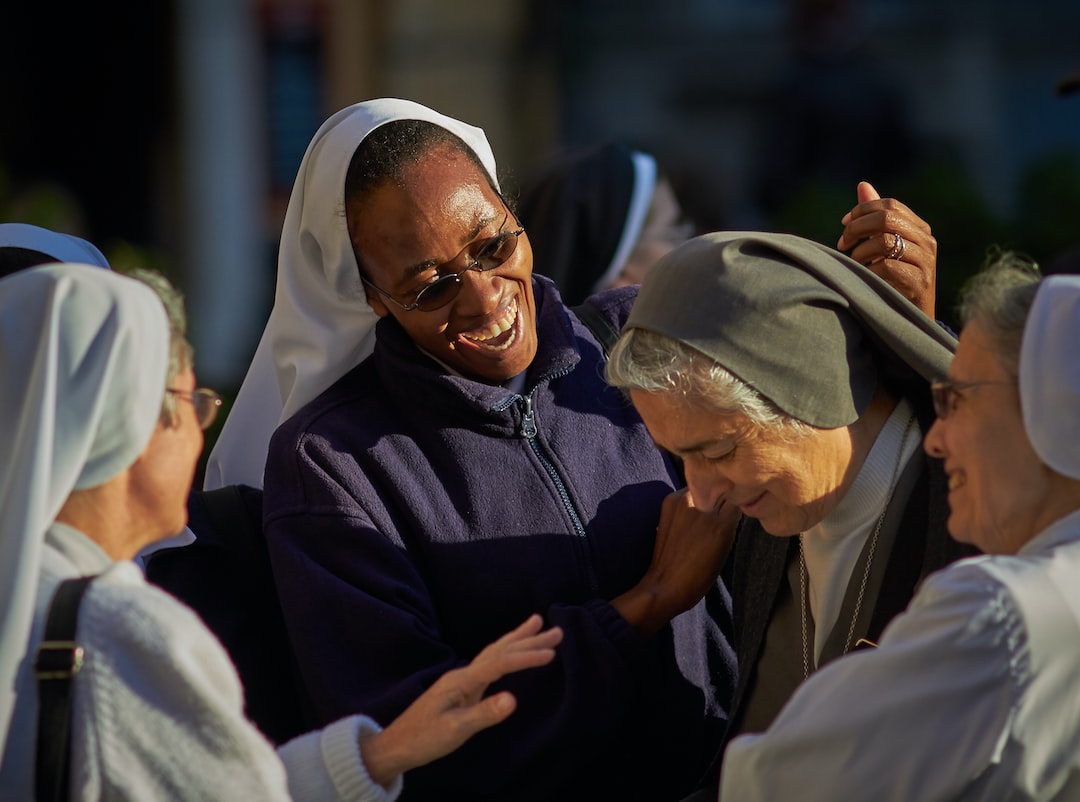The Role of Religious Leaders in Guiding Communities
Religion has been an integral part of human society for centuries. It acts as a guiding force for individuals, providing them with a moral compass and a sense of purpose. Within each religious community, there are leaders who play a crucial role in guiding and nurturing their followers. These religious leaders, whether they are priests, pastors, imams, or rabbis, hold a significant responsibility in shaping the beliefs, values, and actions of their communities.
One of the primary roles of religious leaders is to interpret and disseminate religious teachings. They are well-versed in the scriptures and sacred texts of their respective religions, understanding the complex philosophical and theological aspects. It is their duty to explain these teachings to the community, ensuring that they are understood and applied correctly. By doing so, religious leaders provide spiritual guidance, aiding individuals in their spiritual growth and development.
Moreover, religious leaders serve as mediators between the divine and their communities. They become a direct channel of communication with the higher power, guiding individuals in their prayers, worship, and rituals. Through their words and actions, they embody the values and virtues of their religion, inspiring their followers to live virtuous lives. Their presence in the community instills a sense of guidance, reassurance, and comfort, especially during times of difficulty or crisis.
Religious leaders also have a significant role in fostering community cohesion. They bring people together, creating a sense of unity and belonging. By organizing regular religious gatherings and events, such as worship services, religious festivals, and spiritual retreats, they promote social interaction and mutual support within the community. Additionally, they encourage the practice of values such as compassion, forgiveness, and tolerance, establishing an environment of harmony and understanding.
Another crucial aspect of the role of religious leaders is their involvement in social justice and humanitarian activities. Religions often emphasize the importance of serving others and caring for the disadvantaged. Therefore, religious leaders lead by example, rallying their communities to participate in charitable initiatives, volunteering, and advocating for social issues. By addressing societal challenges, they contribute to the well-being and improvement of their communities, striving for a more just and compassionate society.
Furthermore, religious leaders are tasked with providing ethical guidance and moral principles to their communities. In a world filled with moral dilemmas and ethical complexities, their role becomes even more critical. They help individuals navigate through difficult decisions, offering advice and guidance based on religious teachings and principles. By addressing contemporary ethical issues and dilemmas, religious leaders equip their communities with the tools to make informed and ethical choices, contributing to the betterment of society as a whole.
In addition to their spiritual responsibilities, religious leaders also contribute to the personal growth and development of their followers. They provide counseling and pastoral care, guiding individuals through personal challenges and crises. Their presence offers comfort and solace during times of grief, sickness, or loss. By offering counsel, they provide individuals with a holistic approach to life, addressing both spiritual and emotional needs.
Moreover, religious leaders play a significant role in education and knowledge-sharing within their communities. They are often involved in teaching religious doctrines, conducting seminars, and leading religious education programs. By imparting knowledge and understanding, they ensure the continuity of religious traditions and values from one generation to another. This education empowers individuals to deepen their faith and understanding, enabling them to become active participants in their religious communities.
In conclusion, religious leaders play a crucial role in guiding and nurturing their communities. Their responsibilities range from interpreting and disseminating religious teachings to fostering community cohesion, promoting social justice, offering ethical guidance, providing pastoral care, and contributing to education. Their impact extends beyond religious rituals and worship, shaping the beliefs, values, and actions of individuals within their communities. The role of religious leaders in guiding communities is invaluable, as they serve as beacons of faith, morality, and compassion, enriching the lives of their followers and contributing to the betterment of society.

